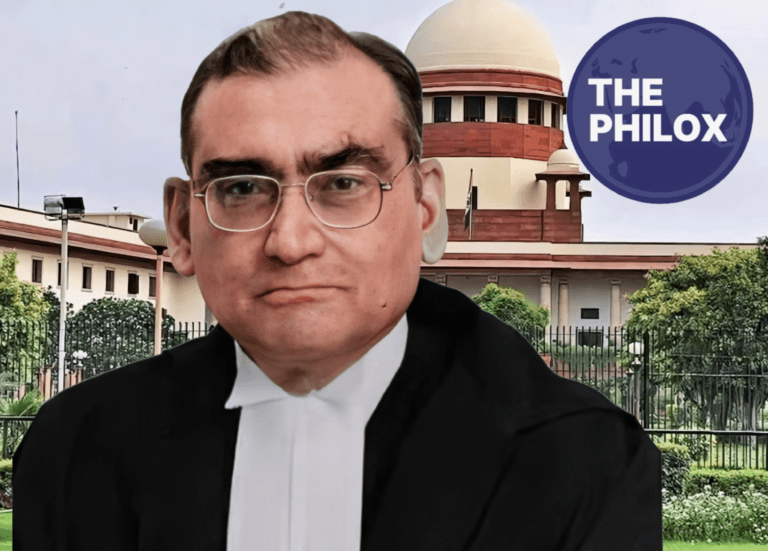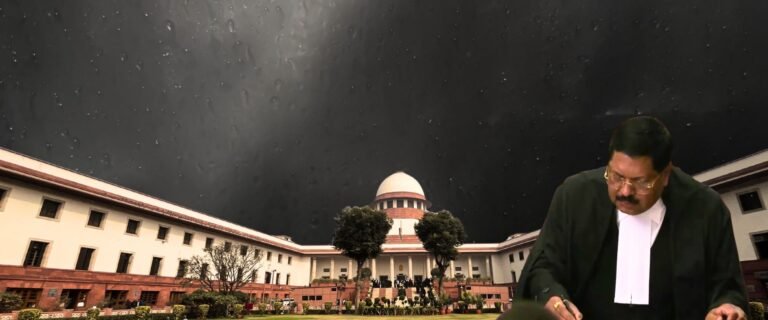
What Does Bigg Boss Say About Us?
The Impact of Bigg Boss Audiences: What Does It Reflect About Society?
Reality TV shows like Bigg Boss have become cultural phenomena, drawing millions of viewers and sparking countless debates. However, the behavior and mentality of the audience, especially when it comes to supporting certain actions or individuals on the show, often raises questions about the values and standards that society holds. Shows like Bigg Boss, with their dramatic confrontations, alliances, and controversies, cater to a specific type of viewership—one that thrives on conflict, emotional outbursts, and sensationalism.
This article will delve into the characteristics of these audiences, what their engagement with such shows reflects about society, and the potential impacts on social values.
What is Bigg Boss and Why is it Popular?
Bigg Boss is an Indian adaptation of the international reality TV show “Big Brother.” The format of the show involves locking a group of celebrities (or common people in some seasons) in a house, where they are cut off from the outside world and monitored around the clock. Contestants must perform tasks, engage in daily chores, and navigate social relationships, all while avoiding elimination by viewer votes. The last person standing wins the show, along with a cash prize.
The show’s popularity stems from its mix of drama, controversy, and emotional manipulation. Bigg Boss thrives on conflict between contestants, often airing heated arguments, breakdowns, and betrayals to captivate audiences. The voting system allows viewers to influence the outcomes of the show, making them feel involved in the process. This active participation encourages viewers to take sides, defend their favorite contestants, and engage in heated debates online.
Characteristics of the Bigg Boss Audience
The audience that gravitates toward shows like Bigg Boss can be broadly categorized into several types:
- Conflict Seekers: These viewers watch the show primarily for the fights, arguments, and controversial moments. They enjoy watching confrontations and often find entertainment in the emotional distress of others. For them, the more dramatic the situation, the better the show.
- Vicarious Participants: Some viewers project their own frustrations or desires onto the contestants. They see themselves in certain personalities and live through them vicariously. If a contestant behaves in a manner they wish they could, such as standing up to authority or engaging in rebellious acts, they cheer them on.
- Fanatical Supporters: Many Bigg Boss viewers develop intense loyalty to certain contestants, often defending their actions regardless of how irrational or inappropriate they might be. These fans are quick to engage in online fights, trolling, or shaming others who disagree with their favorites.
- Casual Viewers: There is also a segment of the audience that watches Bigg Boss as a form of light-hearted entertainment. They may not be deeply invested in the show’s outcomes but enjoy the spectacle it offers.
What Does the Audience Behavior Reflect About Society?
The behavior of Bigg Boss audiences, particularly those who are drawn to the show’s more negative aspects, reflects deeper issues within society. Here’s what their engagement reveals:
1. Fascination with Conflict and Drama
One of the clearest reflections of society in the Bigg Boss audience is its obsession with conflict. Audiences are drawn to the explosive arguments and confrontations that the show promotes. This reveals an increasing normalization of aggressive behavior and lack of empathy in entertainment.
In today’s fast-paced, media-saturated world, where sensationalism often overshadows substance, viewers tend to lose interest in calm, constructive interactions. Instead, they are captivated by spectacle. Shows like Bigg Boss provide a platform where negativity, shouting matches, and disrespectful behavior are amplified and rewarded. This hints at a societal shift where toxicity is glorified as a means of gaining attention and power.
2. Moral Decay and Diminished Values
A significant portion of the audience seems to tolerate or even celebrate unethical behavior. For instance, contestants who manipulate others, betray their friends, or engage in backstabbing are often seen as “smart players” rather than morally questionable individuals. This reflects a moral decay in society, where integrity and kindness are devalued, and success by any means is prioritized.
This trend can have concerning implications for how younger generations perceive social dynamics. When unethical actions are glorified in popular culture, they may begin to see dishonesty and aggression as acceptable tools for success in real life.
3. Voyeurism and Lack of Privacy
Bigg Boss appeals to society’s inherent voyeuristic tendencies. Watching people live out their personal lives in a public forum, under constant surveillance, appeals to the audience’s desire to peek into the intimate details of others’ lives. The fact that contestants are stripped of privacy while millions watch their every move points to a society increasingly comfortable with eroding boundaries between private and public life.
This voyeuristic behavior mirrors how social media operates today, where people are more willing than ever to share personal information and moments online for public consumption. It reflects a societal shift where privacy is increasingly devalued, and people’s personal lives become entertainment for the masses.
4. Short-term Gratification and Shallow Engagement
Reality TV, including Bigg Boss, often thrives on short-term emotional gratification. Viewers are drawn to the immediate satisfaction of watching quick drama unfold, and this form of entertainment reflects a broader societal preference for instant gratification over deeper, meaningful engagement.
This is reflected in other areas of life, too, such as the consumption of information through sound bites rather than in-depth analysis, and the preference for quick, easy-to-consume content over complex, thoughtful discourse. Society is increasingly losing patience for long-term commitment and depth, favoring quick emotional highs instead.
5. Groupthink and Herd Mentality
The audience dynamics of Bigg Boss also reflect the tendency for groupthink and herd mentality in society. Often, viewers form echo chambers around their favorite contestants, aligning themselves with like-minded individuals. Social media platforms become battlegrounds for fanbases, where dissenting opinions are often shut down or ridiculed.
This tendency to form rigid groups based on superficial affiliations mirrors broader social and political divisions in society. The ease with which people can be drawn into tribes, where loyalty to the group overshadows critical thinking, is a reflection of how social dynamics have evolved in the digital age. Whether in politics, social issues, or entertainment, many people align themselves with a side and defend it at all costs.
The Broader Impact on Society
The audience behavior surrounding Bigg Boss can have tangible effects on social behavior and values. Shows that reward toxic behavior and pit individuals against each other can foster a more competitive, less empathetic society. Moreover, the normalization of voyeurism, lack of privacy, and emotional exploitation can contribute to a broader societal desensitization to issues like mental health, empathy, and ethical standards.
For young viewers, who are still shaping their understanding of interpersonal relationships, shows like Bigg Boss can inadvertently set unhealthy precedents. The reinforcement of toxic, aggressive, or manipulative behavior may encourage a generation to adopt these strategies as the norm in real-life social interactions.
Conclusion: What Does Bigg Boss Say About Us?
The “shitty” audience of shows like Bigg Boss reflects deeper societal trends that go beyond mere entertainment. It shines a light on the growing acceptance of conflict, the decline of empathy, and the glorification of toxic behavior. While reality TV shows like Bigg Boss may provide momentary entertainment, they also serve as mirrors, showing us what we have come to value as a society.
As we continue to consume media, it’s important to reflect on how these shows influence our thinking, behavior, and interactions with others. Reality TV may not be as harmless as it seems, and the audiences that feed into its negative aspects can ultimately shape the world we live in.






